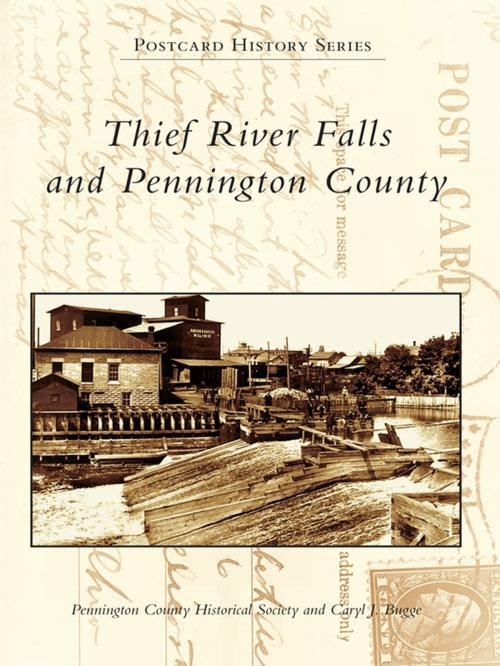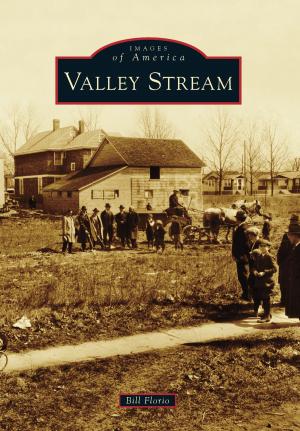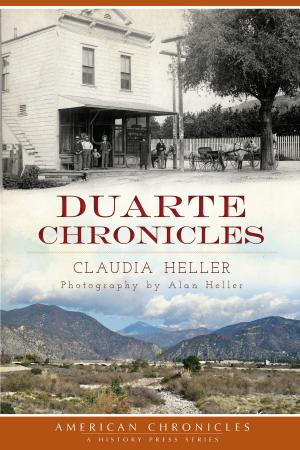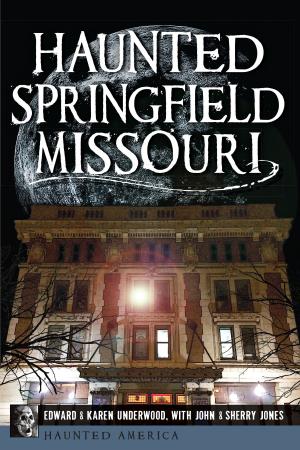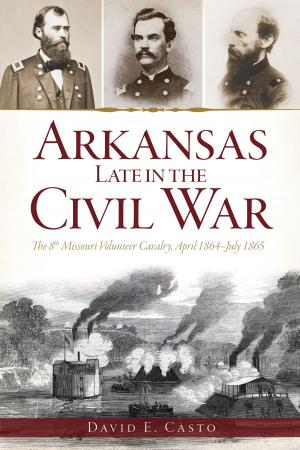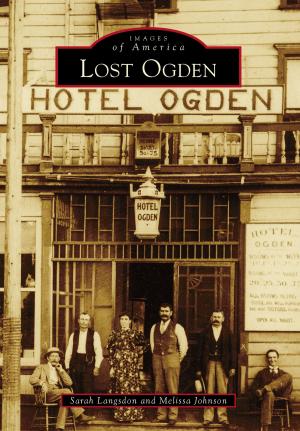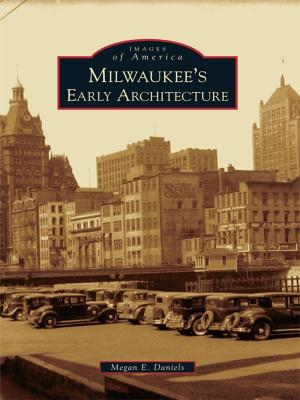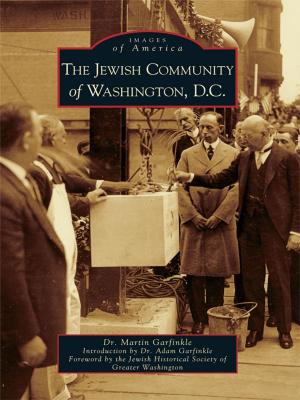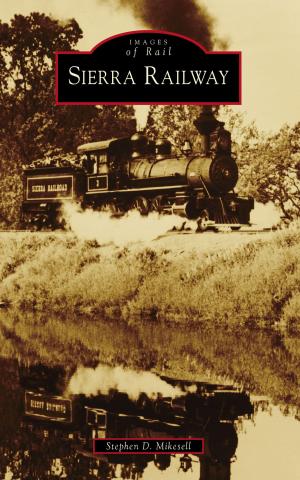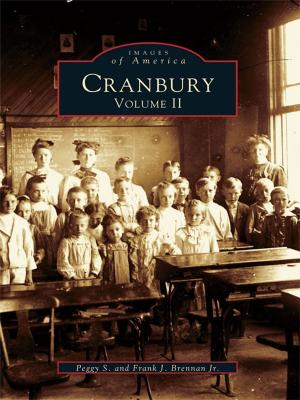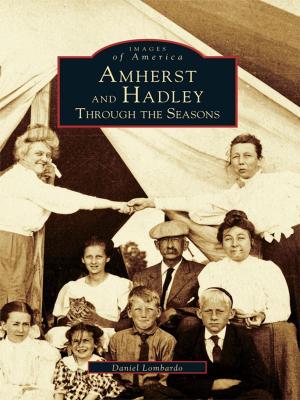Thief River Falls and Pennington County
Nonfiction, Home & Garden, Antiques & Collectibles, Postcards, Art & Architecture, Photography, Pictorials, Travel, History| Author: | Pennington County Historical Society, Caryl J. Bugge | ISBN: | 9781439632949 |
| Publisher: | Arcadia Publishing Inc. | Publication: | June 14, 2006 |
| Imprint: | Arcadia Publishing | Language: | English |
| Author: | Pennington County Historical Society, Caryl J. Bugge |
| ISBN: | 9781439632949 |
| Publisher: | Arcadia Publishing Inc. |
| Publication: | June 14, 2006 |
| Imprint: | Arcadia Publishing |
| Language: | English |
Positioned on the east edges of the Red River Valley and the northern Minnesota Woodlands, Pennington County was settled by farmers of predominantly Scandinavian stock, and census surveys indicate that Thief River Falls was the �most Norwegian� city in the United States. These settlers broke the soil, planted grain, and traveled to the woodlands for logs with which to build their homes. They floated the trees they cut down the rivers to the mills in Thief River Falls, St. Hilaire, and Crookston. Grain elevators and flour mills stood out against the prairie skyline, and milled logs became ties for the railroads that would transport the lumber and grain to distant cities and ports. The postcards in this book depict the industries, buildings, and people of Pennington County.
Positioned on the east edges of the Red River Valley and the northern Minnesota Woodlands, Pennington County was settled by farmers of predominantly Scandinavian stock, and census surveys indicate that Thief River Falls was the �most Norwegian� city in the United States. These settlers broke the soil, planted grain, and traveled to the woodlands for logs with which to build their homes. They floated the trees they cut down the rivers to the mills in Thief River Falls, St. Hilaire, and Crookston. Grain elevators and flour mills stood out against the prairie skyline, and milled logs became ties for the railroads that would transport the lumber and grain to distant cities and ports. The postcards in this book depict the industries, buildings, and people of Pennington County.
